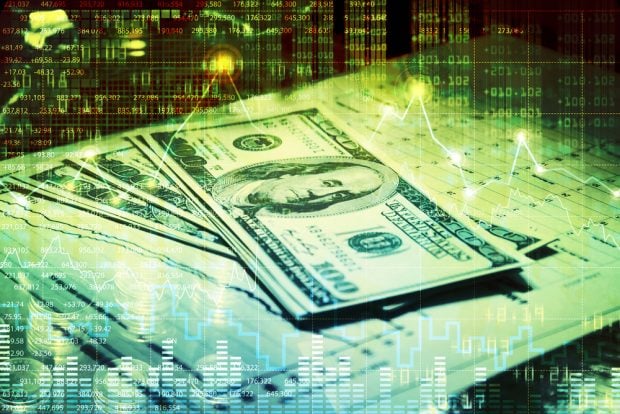Consumers are reverting to the payment patterns they held beforethe Great Recession, according to one of the nation's threenationwide credit reporting bureaus.
|A new report from TransUnion detailedhow consumers have begun to once again pay their mortgages firsteach month and their auto loans and credit card loans later.
|One hallmark of the Great Recession was a reversal of usualconsumer payment behavior as consumers began making credit card andauto loan payments before the made mortgage payments.
|“We had previously determined that, beginning in 2008, consumershad a higher propensity to go delinquent on their mortgages than ontheir credit cards — a reversal of traditional payment patterns,” said Steve Chaouki,co-author of the study and group vice president in TransUnion'sfinancial services business unit.
|“This occurred in an economic environment marked by the build-upand bursting of the housing bubble,” Chaouki said.
|“In fact, it is broadly believed that the shift in paymentpreferences was largely derived from the struggles of the housingmarket. For the first time since the housing bubble, we now seeconsumers valuing their mortgage payments as much as their creditcards, though auto loans remain the most valued of the three,” hesaid.
|TransUnion arrived at its hypotheses after examining averagehousing prices in major metropolitan areas along with the spreadbetween credit card and mortgage loan delinquencies in those areasover the same periods.
|Antoni Guitart, director of analytical services for TransUnionsaid the credit bureau does not survey consumers about theirmotivations, but argued that the consumer payment data supportsseveral different theories about the reasons underlying changes inpayment behavior.
|First, the credit bureau found a strong correlation between thelevel of housing prices and payment behavior, with consumers inmetropolitan areas which had not been hit as hard by the housingdownturn not changing their behavior very much while consumers inhard-hit metropolitan areas changing their payment behavior quite abit.
|What TransUnion saw in metropolitan areas like Los Angeles,where housing prices dropped by a significant amount but thenrebounded as well, was a large number of consumers starting payingtheir credit card bills first during the downturn but then saw thenumbers return to previous patterns as home prices rose, Guitartexplained.
|But in cities where there had not been as large a drop orrebound, such as Dallas, consumer behavior remained largelyunchanged with no significant changes in payment behaviors.
|Consumers in metropolitan areas where there had been ahousing price decline but not yet a strong recovery, such asChicago, have also not yet returned to previous payment patterns,though their payment patterns have stabilized, Guitartsaid.
|Guitart maintained that it appeared as though consumers paidearlier on mortgages they perceived as having stable or risingvalue as their real estate's prices rose while they paid later onmortgages they perceived as having declining value as home pricesfell.
|But he also acknowledged that other factors could have beenplaying a role in consumer's decision making.
|For example, since the decline in housing prices had taken placeat the same time as unemployment rose, consumers uncertain abouttheir jobs could have chosen to make sure their credit cardsremained paid up and paid down so that they would be available ifneeded.
|Likewise, by the time housing prices started to rise again,credit card balances might have come down sufficiently so consumersfelt less pressure to make those payments earlier.
|“It's extremely difficult to understand consumer motivationsexactly,” Guitart observed.
Complete your profile to continue reading and get FREE access to CUTimes.com, part of your ALM digital membership.
Your access to unlimited CUTimes.com content isn’t changing.
Once you are an ALM digital member, you’ll receive:
- Critical CUTimes.com information including comprehensive product and service provider listings via the Marketplace Directory, CU Careers, resources from industry leaders, webcasts, and breaking news, analysis and more with our informative Newsletters.
- Exclusive discounts on ALM and CU Times events.
- Access to other award-winning ALM websites including Law.com and GlobeSt.com.
Already have an account? Sign In
© 2024 ALM Global, LLC, All Rights Reserved. Request academic re-use from www.copyright.com. All other uses, submit a request to [email protected]. For more information visit Asset & Logo Licensing.









